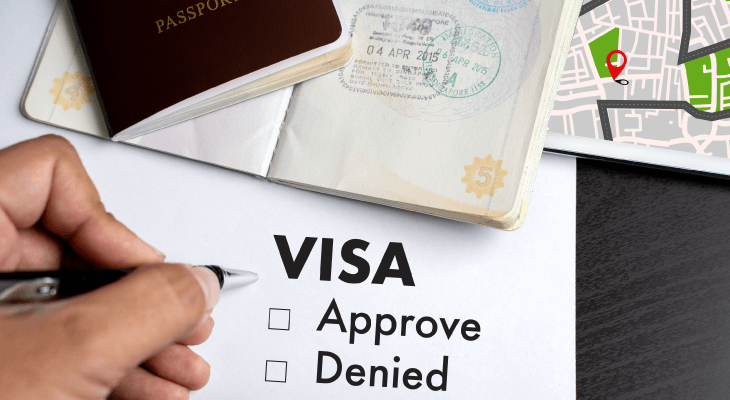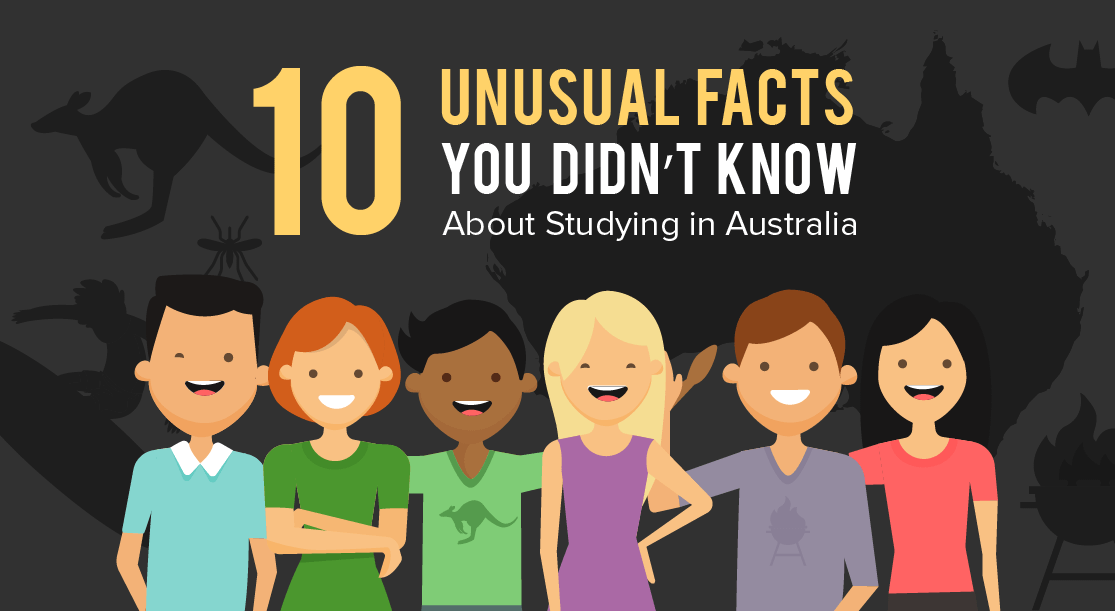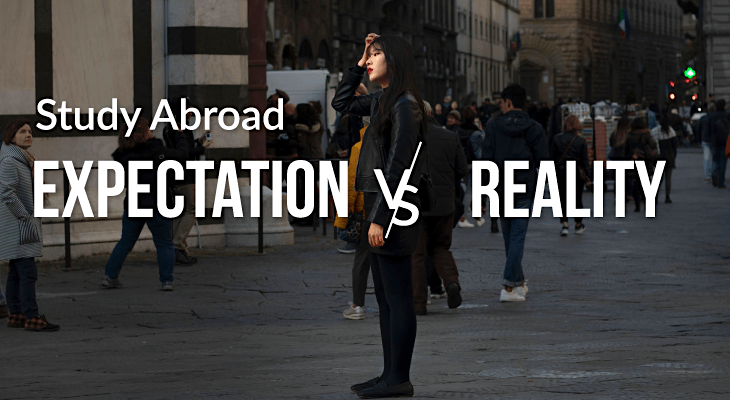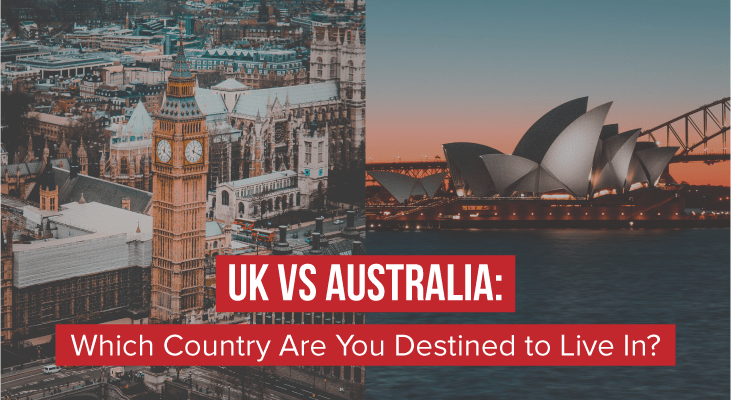Can You Still Study Abroad With COVID-19?
As COVID-19 wreaks havoc around the world, you may wonder if studying abroad is even an option. We lay down the details of what you need to know.
Published 31 Dec 2020
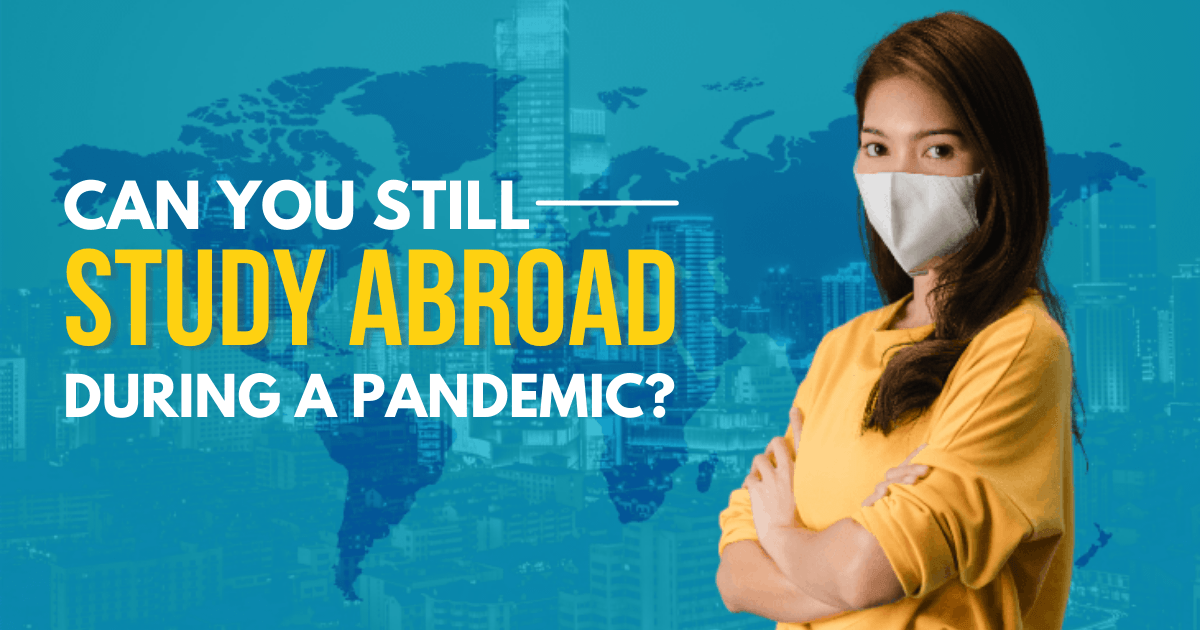
The COVID-19 pandemic has disrupted the lives of many students around the world. With movement restrictions and travel bans, students have had to put a pause to their study abroad plans while universities close campuses and move to online teaching.
While recovery is still uncertain, it doesn’t mean that your dreams of studying overseas have gone down the drain. Whether you’ve just started your semester or you’re evaluating your options for the coming months, here’s what you need to know about studying abroad right now.
Are universities accepting international students in the face of travel bans?

Great news, the answer is yes! Most universities are accepting international students for their upcoming 2021 intakes. Unfortunately, at the time of writing, many countries still have travel bans in place.
Here are how things look like in Australia, UK and USA.
a) Australia
Currently, Australia has a travel ban for international students due to the COVID-19 pandemic. Nonetheless, state governments and universities are working closely with the federal government to allow international students to enter the country.
The state of Victoria, where University of Melbourne and Monash University are located, has put together a recovery plan for international education, which includes welcoming international students back to the state in early 2021. Charles Darwin University also recently facilitated the arrival of 63 new and continuing students to Darwin, another positive indicator that borders will be opening up soon.
If you are planning to further your studies in Australia, you can apply for the February or July intakes. Some universities also have intakes all year round, depending on the programme.
Should travel restrictions still be in place when your semester starts, you will still be able to commence your studies via online learning.
b) United Kingdom (UK)
Unlike Australia, the UK borders are open for both new and returning international students. Those arriving from countries that are not on the exemption list will need to self-isolate for 10 days. As of now, Malaysia is in the exemption list, which means you will not need to self-isolate.
The major intakes for UK universities are September and January, and universities are processing applications as normal.
Most universities have both face-to-face learning as well remote learning to cater to students who are unable to be physically on campus. However, you could also potentially move to full online learning depending on the COVID-19 situation, as can be seen with the recent Christmas lockdown in many parts of England.
c) United States of America (USA)
The USA has also opened its doors to international students for the upcoming Spring (January) and Fall (September) semesters.
Do note, however, that new international students will not be able to enter the US if the programme is delivered 100% online. According to guidance from the Department of Homeland Security’s (DHS) Immigration and Customs Enforcement (ICE), you are required to register for at least one hybrid or in-person course if you intend to study in the US.
Will you be able to apply for a student visa?
As lockdown restrictions begin to ease, many countries have updated their visa application process and requirements for international students.
a) Australia
Despite the travel ban, you can still apply for a student visa so that you can enter Australia once travel restrictions are lifted.
Moreover, the government has also made some changes to visa requirements where online learning during COVID-19 can be counted towards your study requirements for a post-study work visa as long as you hold a student visa during this period.
Once you are able to travel to Australia, you’ll be required to quarantine yourself in a designated facility for 14 days, which you may need to pay for. You may also be tested for COVID-19 in the first 48 hours and subsequently between the 10th and 12th day of quarantine.
b) United Kingdom (UK)
If you are planning to undertake distance learning, you will not need to apply for a student visa. However, if you intend to be in the UK for your studies, you can start applying for a student visa as early as 6 months before the start of your course.
Additionally, if you are forced to study via distance learning due to the COVID-19 pandemic, you will still be eligible for the 2-year post-study work visa. For instance, if you are pursuing a 2020/2021 undergraduate degree remotely, this period of distance learning will not be held against you with regards to your post-study work visa.
Currently, you are not required to take a COVID-19 test when you enter the UK. You will need to self-isolate in your accommodation for 10 days if you are arriving from a country which is not on the exemption (travel corridor) list. As of now, Malaysia is on the exception list, which means you will not need to self-isolate.
c) United States of America (USA)
With borders open to international students, you can apply for a student visa via the usual channels.
Note that due to the guidelines on hybrid learning, you can only get an F-1 visa (full time academic student visa) if you have at least one hybrid or in-person course for the semester. Otherwise, it’s not possible to obtain a visa if your lessons are 100% delivered online.
As of now, the US federal government does not require self-quarantine upon arrival in the US. However, you may still need to self-isolate and/or take a COVID-19 test as required by your university or the state government.
Apply for university with EduAdvisor
Secure scholarships and more when you apply to any of our 100+ partner universities.
Start nowWhat does studying abroad look like in the midst of COVID-19?

To ensure that students can continue their education journey and receive quality learning experience, universities have taken a number of measures including implementing blended learning options and online learning. This means that if you are unable to be on-campus due to travel restrictions, you will still have the option to learn remotely until travel is permitted.
Even if you are on campus and your university is open at this point in time, understand that the campus may close at a moment’s notice, which means moving to online learning. During such scenarios, tutorials will also be conducted online, as is with any meetings with your lecturers or supervisors. In addition, access to the library may be limited to digital resources only.
For those with planned internships and placements, these may be rescheduled or cancelled and replaced with alternate modules. Semester exchanges may also not go according to plan.
All in all, you’ll need to have a flexible and adaptable mindset and understand that your study abroad experience may be different from what you imagined.

Should you study abroad in view of COVID-19?

The uncertainty of the pandemic and strict travel restrictions have certainly hampered the dreams of many students who have been looking forward to studying overseas. Nonetheless, universities have been working hard to ensure that students are able to continue with their education through a variety of hybrid learning options.
If you’re still keen on pursuing your dreams of studying overseas in the wake of COVID-19, try not to be put off and speak to the universities you’d like to apply to. They will be able to give you good advice on how you can enrol and whether there are any restrictions you need to be aware of.
At the same time, there is also the option of delaying your study abroad plans until the situation clears up. You can begin your studies first in Malaysia before transferring to a university overseas later on. This may, however, impact your post-study work visa, so if that’s something that’s important to you, make sure you do your research.
Despite things looking a little grim, the most important thing is for you to be flexible. Whether you’re planning a study abroad for your entire undergraduate degree or just for a semester, you may just have to go with the flow and be open to changes along the way.
